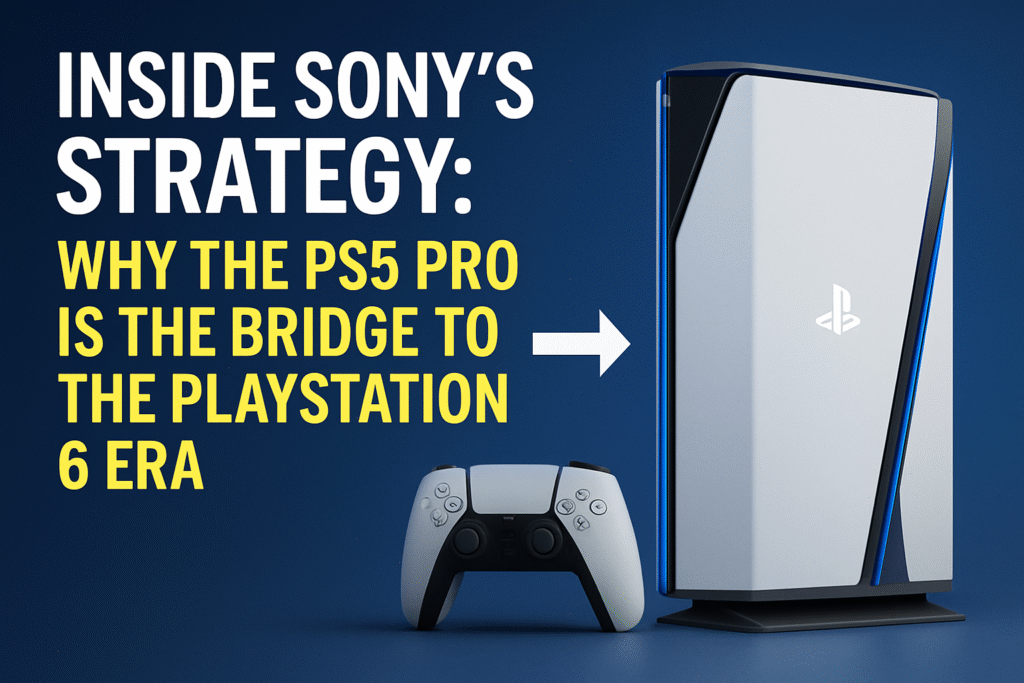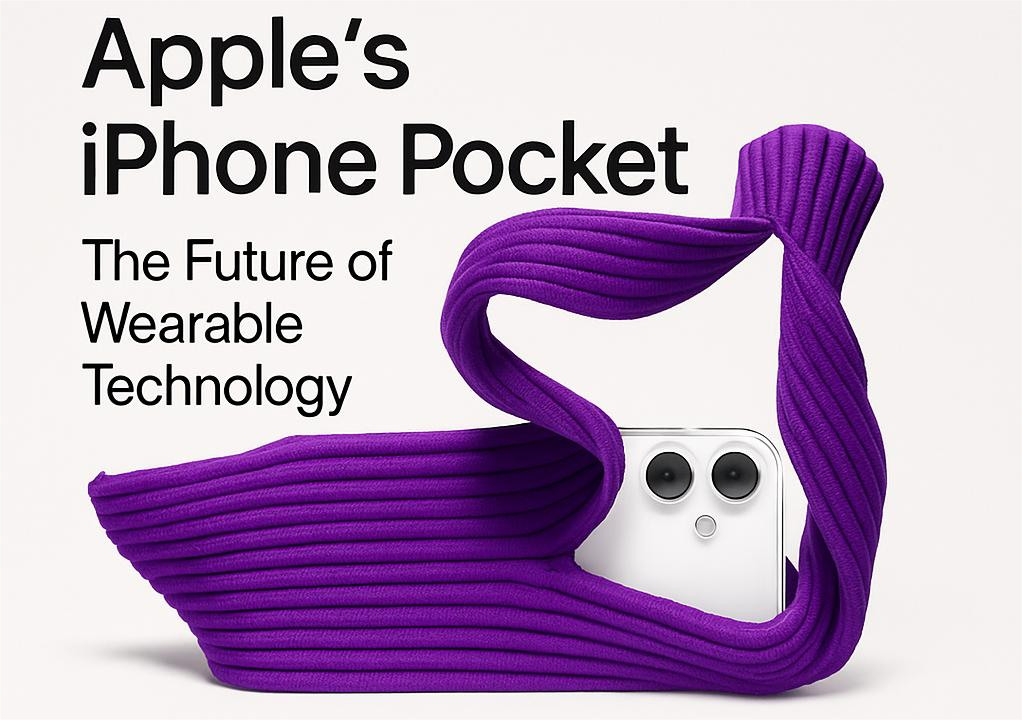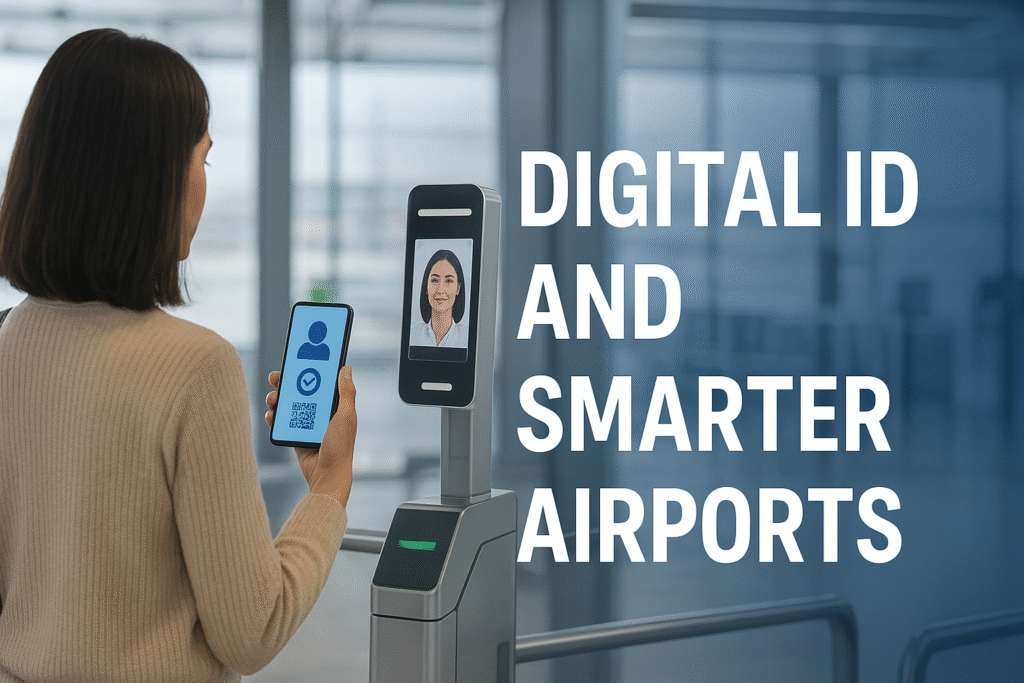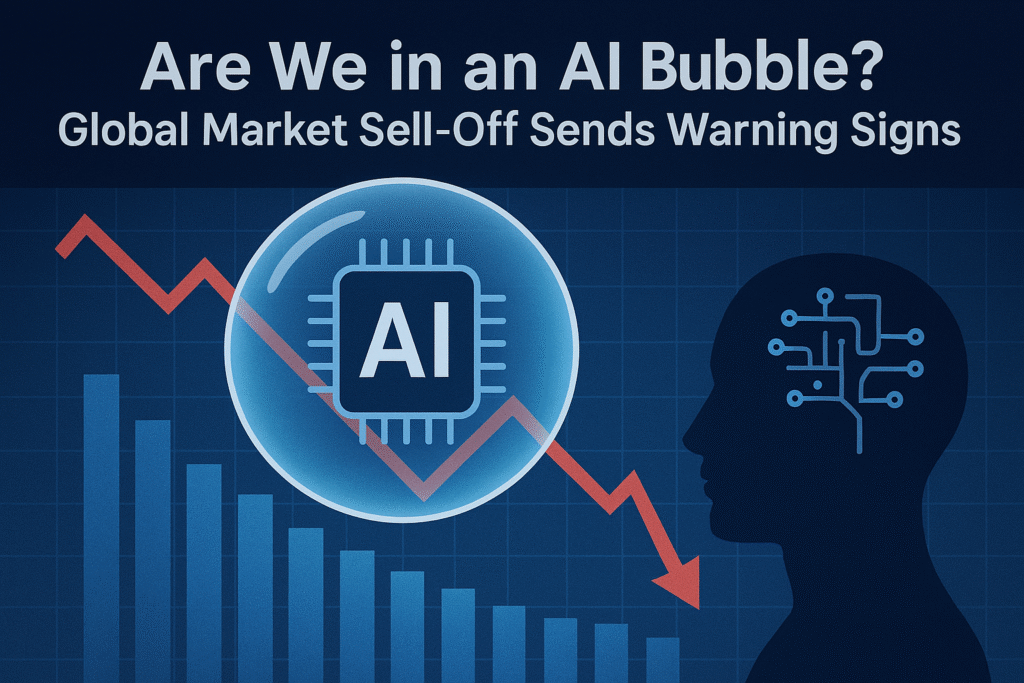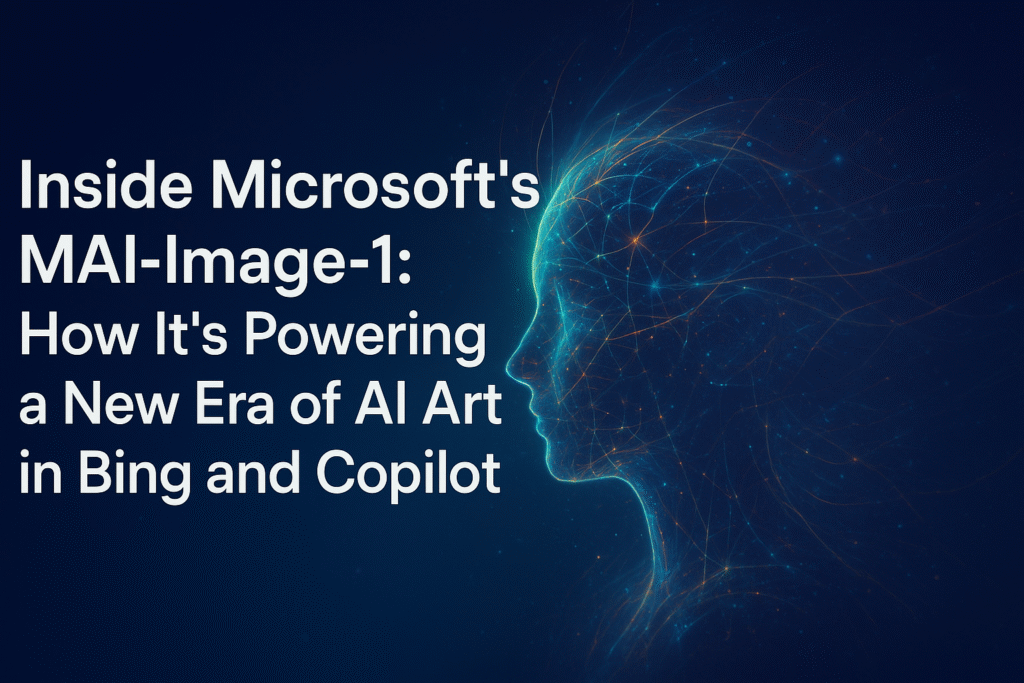
The biotechnology industry has always been at the forefront of scientific breakthroughs, but in recent years, its evolution has been accelerated by the integration of artificial intelligence (AI). From revolutionizing drug discovery to enabling precision medicine and gene editing, AI-powered biotech startups are reshaping how we approach healthcare, pharmaceuticals, and even agriculture.
In this article, we will explore how AI is transforming biotech, highlight some of the most promising startups in this field, and analyze the opportunities and challenges these innovations bring.
The Convergence of AI and Biotechnology
Biotechnology focuses on harnessing biological systems and processes to develop solutions in medicine, agriculture, and environmental sustainability. Traditionally, this field relied on labor-intensive experiments, costly research, and long timelines. AI is changing that dynamic by offering tools that accelerate data analysis, optimize processes, and generate insights that humans alone would struggle to identify.
Some of the most impactful applications include:
- Drug Discovery and Development: AI algorithms analyze massive datasets to predict how molecules interact, significantly reducing the time and cost of developing new drugs.
- Precision Medicine: Personalized treatments are designed by leveraging AI models that interpret genetic data and predict patient-specific responses.
- Genomics and Gene Editing: AI supports CRISPR and other gene-editing technologies by identifying target genes and predicting outcomes.
- Medical Imaging and Diagnostics: AI-powered tools can detect early signs of diseases in medical scans more accurately than many traditional methods.
- Synthetic Biology: Startups are using AI to design synthetic organisms for sustainable agriculture, biofuels, and environmental solutions.
Why Startups Are Leading the Way
While large pharmaceutical and biotech companies invest heavily in AI, startups are playing a critical role due to their agility and innovation-focused culture. They are not bound by legacy systems or lengthy bureaucratic processes, allowing them to experiment and scale new technologies faster.
Startups also attract interdisciplinary teams — biologists, data scientists, AI researchers, and engineers — who collaborate to create unique solutions that bridge biology and computational science. This blend of expertise is enabling breakthroughs that were unimaginable a decade ago.
Examples of AI-Powered Biotech Startups
1. Insilico Medicine
Founded in 2014, Insilico Medicine has become a leader in AI-driven drug discovery. Their AI platform identifies novel drug targets, designs new molecules, and predicts their effectiveness, dramatically reducing the time from research to clinical trials.
2. Recursion Pharmaceuticals
Recursion combines machine learning with high-throughput biology to map and analyze cellular behavior. Their goal is to uncover new treatments for rare diseases by analyzing vast cellular data patterns.
3. BenchSci
Focused on accelerating preclinical research, BenchSci uses AI to help scientists find the most relevant biological data and reagents for their experiments, saving time and resources.
4. Deep Genomics
This startup applies AI to genomics, aiming to discover genetic mutations linked to diseases and develop precision therapies. Their AI Workbench predicts how genetic variations impact cellular functions, advancing personalized medicine.
5. Absci
Absci uses AI for protein design and biologic drug discovery. By leveraging synthetic biology and machine learning, Absci aims to speed up the development of new therapeutics.
6. PathAI
PathAI applies deep learning to pathology, enhancing disease diagnosis accuracy through AI-powered image recognition. This technology supports oncologists and pathologists in delivering better patient outcomes.
Opportunities Created by AI in Biotech
The integration of AI is opening new possibilities across the biotech landscape:
- Faster Drug Development – Traditional drug discovery takes over a decade and billions of dollars. AI reduces both by predicting outcomes early in the process.
- Cost Efficiency – Automated data analysis and AI-driven predictions minimize the need for expensive, large-scale clinical trials.
- Global Healthcare Access – AI-powered diagnostics and treatment recommendations can be scaled to underserved regions worldwide.
- Sustainability – Beyond healthcare, AI in biotech is enabling innovations in agriculture and environmental conservation, addressing food security and climate challenges.
- Personalized Medicine – Tailored therapies are becoming more achievable, moving away from one-size-fits-all treatments.
Challenges Facing AI-Powered Biotech Startups
Despite the promise, startups face several obstacles:
- Regulatory Hurdles: Biotech is heavily regulated, and integrating AI introduces additional complexity regarding safety, ethics, and compliance.
- Data Privacy and Security: Handling sensitive genetic and patient data raises concerns about confidentiality and cybersecurity.
- High Capital Requirements: While AI accelerates discovery, scaling biotech solutions still requires significant funding and infrastructure.
- Interdisciplinary Gaps: Success depends on effective collaboration between AI experts and biologists, which can be difficult to achieve.
- Ethical Considerations: AI-driven gene editing and predictive medicine raise questions about fairness, bias, and unintended consequences.
The Future of AI-Powered Biotech
The next decade promises even greater synergy between AI and biotechnology. With advances in quantum computing, natural language processing, and automated lab robotics, biotech startups will achieve unprecedented speeds in experimentation and discovery.
We can expect:
- More AI-designed drugs reaching clinical trials and FDA approvals.
- Fully automated laboratories where AI manages experiments end-to-end.
- Greater integration of wearable health data into biotech-driven precision medicine.
- Ethical frameworks that guide responsible use of AI in healthcare and genetics.
Startups will continue to drive much of this progress, pushing the boundaries of what is possible while forcing larger companies and regulators to adapt to a rapidly evolving landscape.
Conclusion
AI-powered biotech startups represent a transformative shift in healthcare, agriculture, and environmental science. By combining computational intelligence with biological expertise, these companies are shortening timelines, cutting costs, and unlocking solutions to some of humanity’s greatest challenges.
While hurdles remain — from regulation to ethics — the momentum behind AI-biotech integration is undeniable. For investors, researchers, and patients alike, the rise of AI-powered biotech startups signals a future where innovation delivers healthier, longer, and more sustainable lives.

